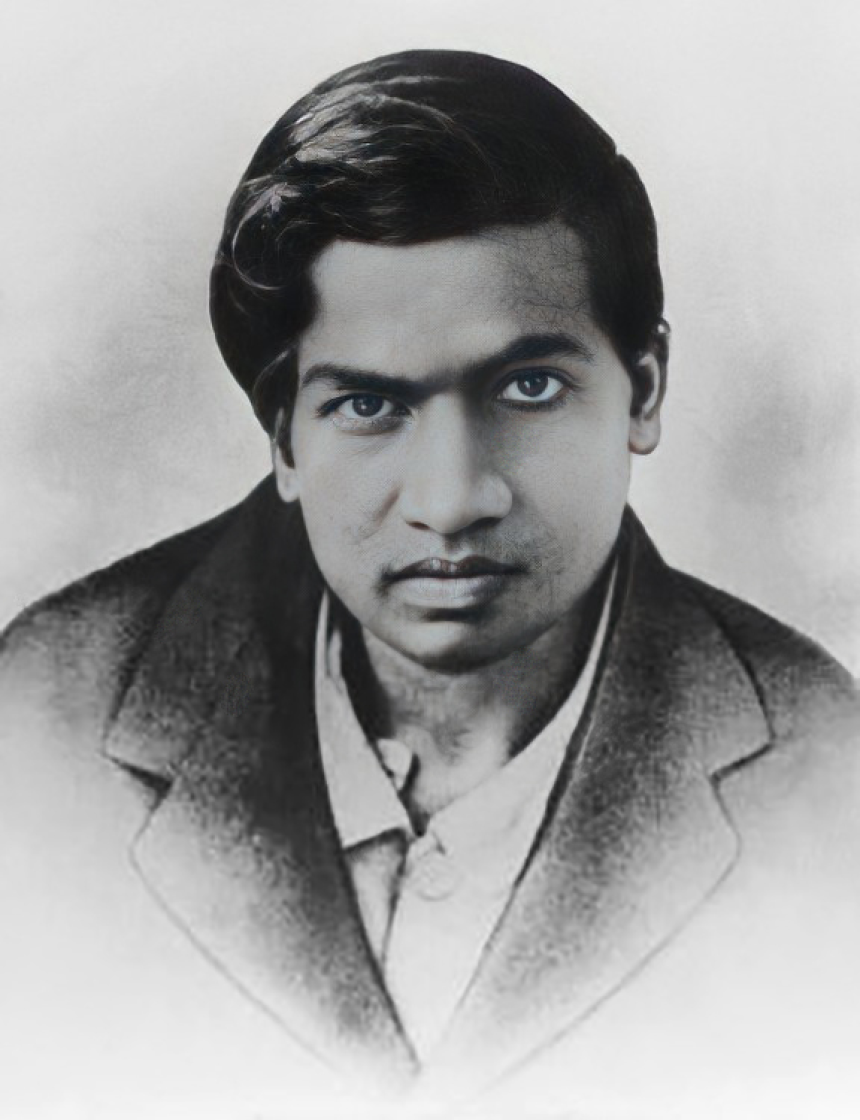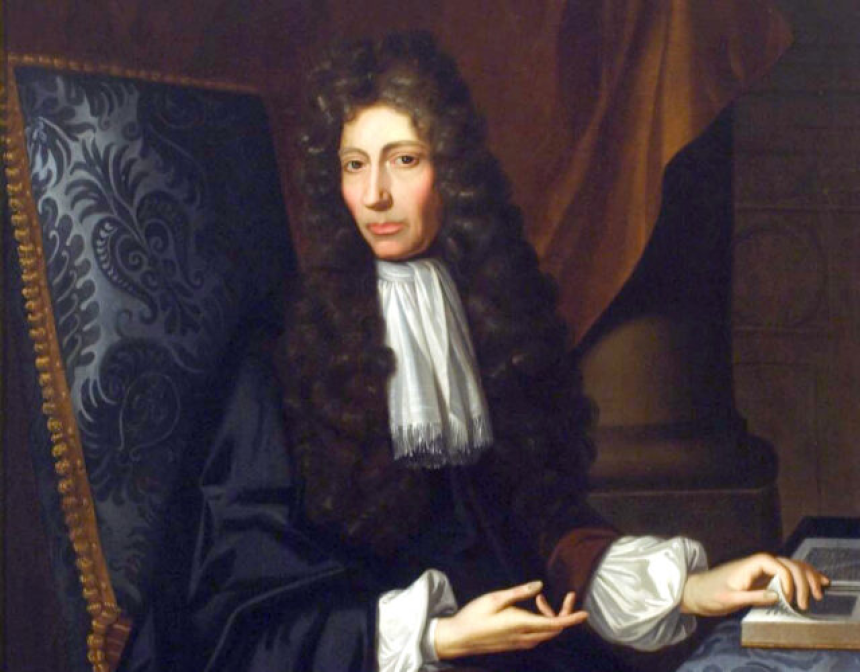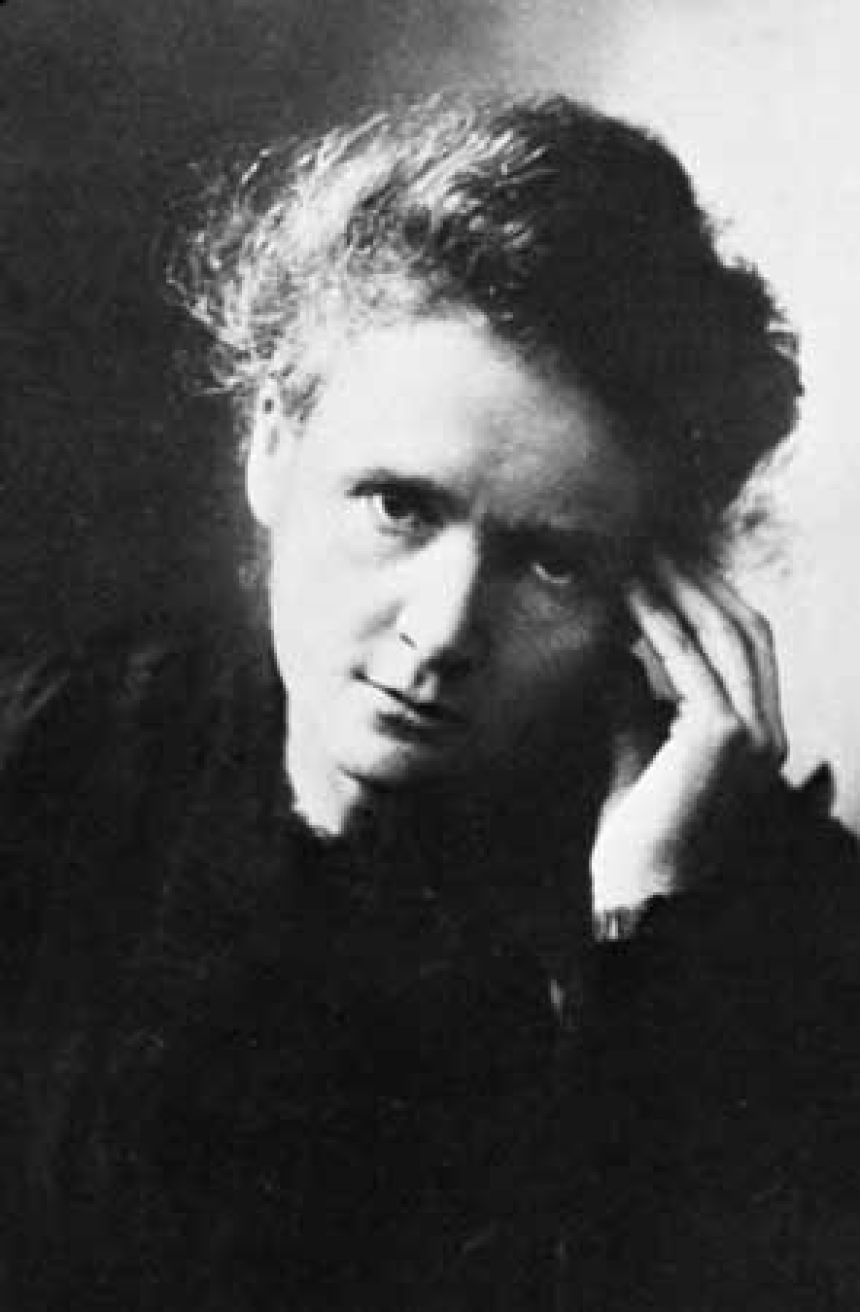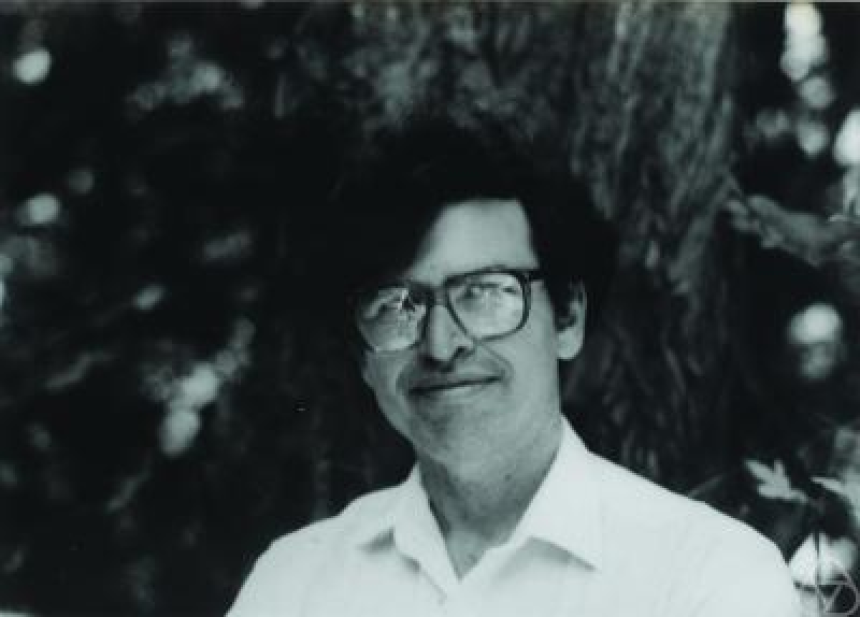
Stephen Hawking
Stephen Hawking: A Brilliant Mind Exploring the Universe
Stephen Hawking: A Brilliant Mind Exploring the Universe
Stephen Hawking was a theoretical physicist and cosmologist who made significant contributions to our understanding of the universe. Born on January 8, 1942, in Oxford, England, Hawking became one of the most renowned scientists of his time. Despite facing physical limitations due to a motor neuron disease known as ALS, his brilliant mind and determination allowed him to leave an indelible mark on the world of science.
Early Life and Education
Hawking grew up in a family that strongly believed in the pursuit of knowledge. His father, Frank Hawking, was a medical researcher, while his mother, Isobel Hawking, was a secretary turned activist. Stephen's interest in science and mathematics was evident from a young age, and he excelled academically throughout his school years.
Stephen Hawking studied Physics at the University College, Oxford, and graduated with honors in 1962. He then pursued his doctoral studies in cosmology at the University of Cambridge, where he made significant breakthroughs in our understanding of black holes.
Contributions to Science
Hawking's groundbreaking work in theoretical physics and cosmology focused on understanding the nature of the universe, particularly black holes. His research challenged existing knowledge and led to new discoveries.
One of Hawking's most significant achievements was the development of the theory of Hawking radiation. According to this theory, black holes are not entirely black, but rather emit a faint radiation due to quantum effects near the event horizon. This discovery revolutionized our understanding of black holes, challenging the traditional notion that nothing can escape their gravitational pull.
Furthermore, Hawking worked on the concept of singularity, a point of infinite density found within black holes. His research suggested that the laws of physics break down at the singularity, leading to the development of the theory of the Big Bang, which hypothesizes that the universe originated from a singularity. This work laid the foundation for modern cosmology.
Popularization of Science
Aside from his contributions to scientific research, Stephen Hawking was also admired for his ability to communicate complex scientific concepts to the general public. He authored several popular science books, including "A Brief History of Time" and "The Universe in a Nutshell."
Through his books and public lectures, Hawking made the wonders of the universe accessible to everyone. His ability to bridge the gap between academic and popular science contributed to a renewed interest in cosmology and inspired countless individuals to pursue scientific knowledge.
Legacy and Impact
Stephen Hawking's enduring legacy lies in his significant contributions to the field of theoretical physics and his role in popularizing science. His work continues to inspire scientists and students alike, encouraging them to question and explore the mysteries of the universe.
Hawking's relentless pursuit of knowledge, despite his physical challenges, serves as a powerful reminder of the human spirit's ability to overcome adversity. His determination, intellectual prowess, and unique perspectives will forever be remembered by the scientific community and beyond.
FAQs
1. What is Stephen Hawking famous for?
Stephen Hawking is famous for his groundbreaking work on black holes, Hawking radiation, and his popular science books that communicate complex scientific concepts to the general public.
2. What challenges did Stephen Hawking face?
Stephen Hawking faced physical limitations due to a motor neuron disease called ALS. This condition progressively weakened his muscles, eventually leaving him almost completely paralyzed. However, his mind remained sharp, and he continued to contribute to scientific research throughout his life.
3. What is Hawking radiation?
Hawking radiation is a theoretical prediction by Stephen Hawking that suggests black holes are not entirely black but emit a faint radiation due to quantum effects near the event horizon.
4. What is the singularity in black holes?
The singularity in black holes is a point of infinite density, where traditional laws of physics break down. Stephen Hawking's work on singularities contributed to the development of the theory of the Big Bang and shaped our understanding of the origin of the universe.
5. How did Stephen Hawking inspire others?
Stephen Hawking's determination, intellectual brilliance, and ability to communicate complex ideas inspired countless individuals to pursue scientific knowledge. He proved that even in the face of physical challenges, one can make significant contributions to the world of science.
Conclusion
Stephen Hawking's contributions to theoretical physics and cosmology have shaped our understanding of the universe. His groundbreaking research on black holes and his ability to communicate complex scientific concepts to the public have made him an icon in the scientific community. Despite facing physical challenges, Hawking's brilliant mind has left an inspiring and enduring legacy.





